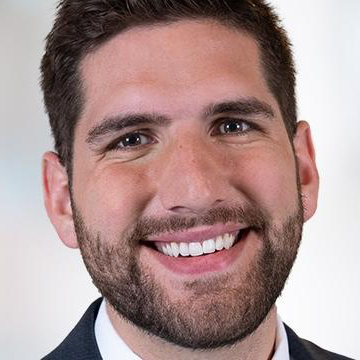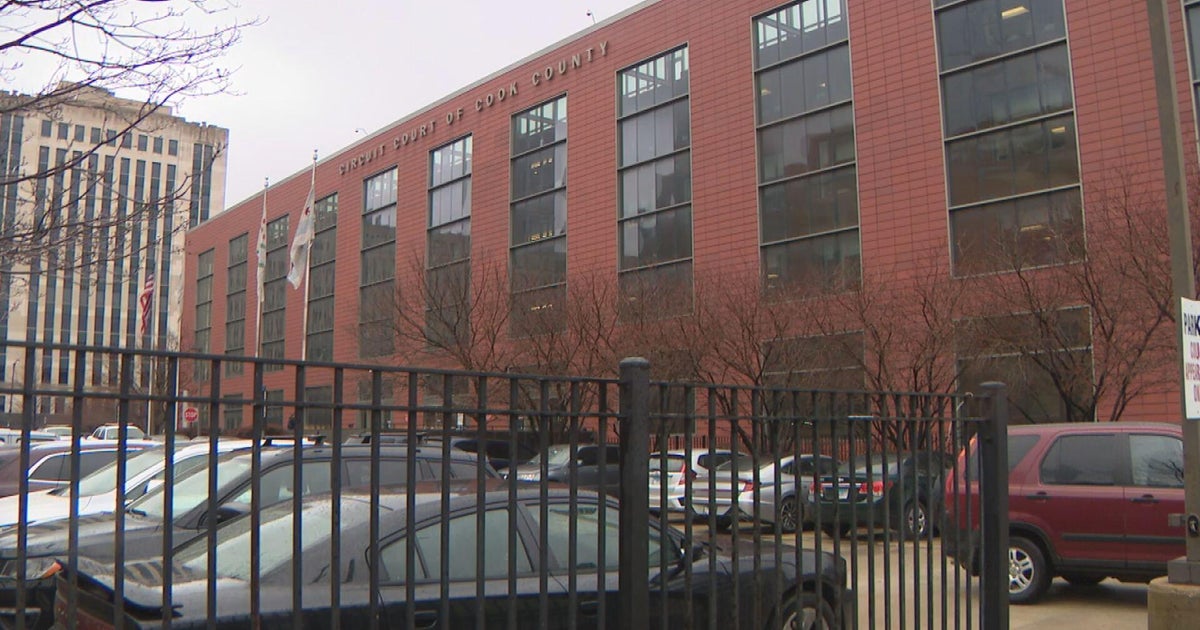Minnesota law providing enhanced medical debt protections now in effect
MINNEAPOLIS — Minnesotans who find themselves burdened by medical debt may find some relief thanks to a new state law.
On Wednesday, Minnesota Attorney General Keith Ellison was joined by several state lawmakers and leaders to highlight some of the new rights and protections offered by the Debt Fairness Act, which went into effect on Tuesday.
Highlights from the law include a ban on reporting medical debt to credit bureaus and transferring it to spouses. It also bars health care providers from denying necessary care to patients with outstanding debt.
Before the law took effect, people earning the minimum wage who had medical debt in collections saw 25% of their earnings garnished. Now, there is a flat rate of 10%. Those earning less than the minimum wage are exempt from garnishment.
"People want to pay their medical bills," Ellison said. "I've never met anybody who didn't want to try to pay any debt that they owed. But it's not fair when our debt systems punish people for getting sick, or force people further into debt so they can't pay for their family's essentials."
The law isn't retroactive, so any debt accrued before Oct. 1 is not impacted.
Ellison's office will also host a Debt Fairness Legal Clinic on Saturday to provide support and advice to Minnesotans struggling with medical debt. It will be held at the Northpoint Health and Wellness Center in Minneapolis from 10 a.m. to 5 p.m.
"Nobody's asking for a free ride — they're asking for a fair shot," Sen. Liz Bolden, a Democrat from Rochester, said. "It's not something that people choose. Any one of us could be an accident or a diagnosis away from a large amount of medical debt.
Other highlights from the new law
- Debt collectors are now barred from using robocalls, contacting third parties and making threats of withholding medical care, according to the legal outline released by Ellison's office.
- Health care providers must now be transparent about their debt collection practices, and they must set up new processes for patients to dispute inaccurate billing or coding.
- Residents who win debt collection lawsuits "must be paid their attorney's fees incurred in defending the case."
- Property owned by debtors — including things like bank account funds, vehicles, electronics, snowplowers, religious possessions, pets, books and musical instruments — will also now have enhanced protection from garnishment.










